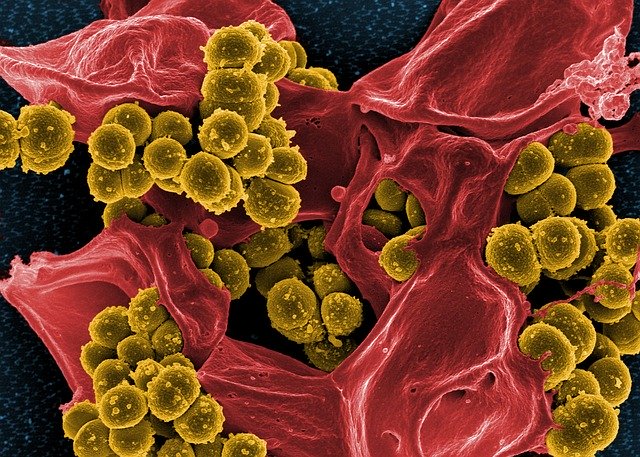Ronit Mor, NDLet’s face it — we could all probably use a little assistance in the sugar department.
The U.S. ranks number one worldwide with the highest sugar consumption per person, currently at 126 grams (that’s 29 teaspoons!) of sugar per person per day. All this extra added sugar is extremely detrimental for your health. Nearly 75 percent of adults in the U.S. get approximately 10 percent of their daily calories from added sugar Ronit Mor, NDToo much of anything can be bad for your health, sugar included.
While a healthy diet contains a significant amount of naturally occurring sugar (in fruits and vegetables, for example), the problem is that we're chronically consuming much more added sugar in processed foods. So, what happens when the brain is exposed to excessive amounts of sugar as is the case with the Standard American Diet (SAD)? In this case, more is definitely not better. Russell Skinner, MDWith 7.7 million new cases diagnosed every year and 47.5 million people living with it worldwide, dementia is a big concern. But, did you know that memory loss is NOT a normal part of aging?
What's Normal and What's Not?There is a difference between normal, age-related forgetfulness and a serious memory problem. Serious memory problems make it hard to do everyday things like driving and shopping. Signs may include:
Russell Skinner, MDDon’t forget to say thank you. Throughout our childhood years, most of us had been prompted with this statement—or variation of it. Many have assumed saying Thank you was simply a polite, socially-customary interaction. But research is revealing much more. Showing thankfulness has been proven to affect your entire being. Actually, this basic virtue holds the power to physically rewire the brain.
Gratitude helps the individual focus on the positive, training their mind to concentrate on the good areas of their life. Living in a state of constant thanksgiving impacts the brain and consequently, the emotions. A study, published in 2016, required some participants to write notes of gratitude and the rest to write expressive thoughts. After twelve weeks, those in the gratitude condition reported significantly better mental health than those in the expressive condition. Russell Skinner, MDDid you ever consider there is more in your gut than your latest meal?
Gut flora, or microbiota, is the microbe population which is found in the digestive tract. The complex ecosystem that harbors these microbes is called the microbiome. The microbiome is composed of numerous species of bacteria, fostering both good and bad. Good bacteria are vital for daily health by assisting in digestion, creating vitamins, and protecting the body’s system against infection. |
Archives
October 2022
Categories
All
|
|
FOLLOW US
|
RESOURCES
|
©2020-2024 Ronit Mor LLC. ALL RIGHTS RESERVED
All statements on this website have not been evaluated by the Food and Drug Administration. The content of this website is not intended to diagnose, treat, cure, or prevent any disease.
All statements on this website have not been evaluated by the Food and Drug Administration. The content of this website is not intended to diagnose, treat, cure, or prevent any disease.






 RSS Feed
RSS Feed
